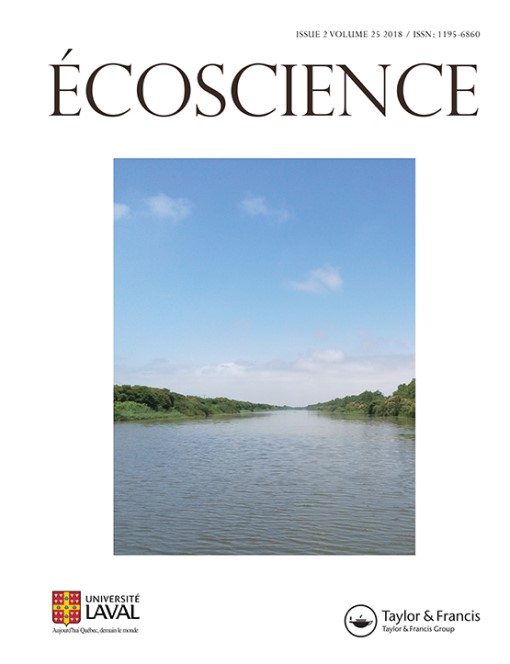Secondary metabolites in the leachates of medicinal herbs inhibit forest litter decomposition, affecting interspecific relationships and nutrient cycling in the silvi-medicinal system. In this study, a typical forest species in the Qinling Mountains area, Catalpa fargesii Bur., and nine species of common understory medicinal herbs were used as example species. A litter decomposition experiment was carried out by treating the C. fargesii litter with stem and leaf leachates (simulated using water extracts) from the medicinal herbs to investigate the effects on forest litter decomposition, nutrient release and soil enzyme activity. Lachates from Mentha haplocalyx Briq., Houttuynia cordata Thunb., Gynostemma pentaphyllum (Thunb.) Makino and Prunella vulgaris L. exhibited significant inhibitory effects on the decomposition and nutrient release of C. fargesii litter and on the activities of related soil enzymes. Consequently, it is suggested that plantation of these four medicinal herb species should be avoided under C. fargesii forests or interplanting density must be low to reduce inhibitory effects on litter decomposition and nutrient release.
How to translate text using browser tools
1 April 2018
Leachates of Medicinal Herbs Inhibit the Decomposition Rate of Catalpa fargesii Bur. Litter
Xiaoxi Zhang,
Yupeng Lu,
Jiyuan Xu,
Zengwen Liu
ACCESS THE FULL ARTICLE





